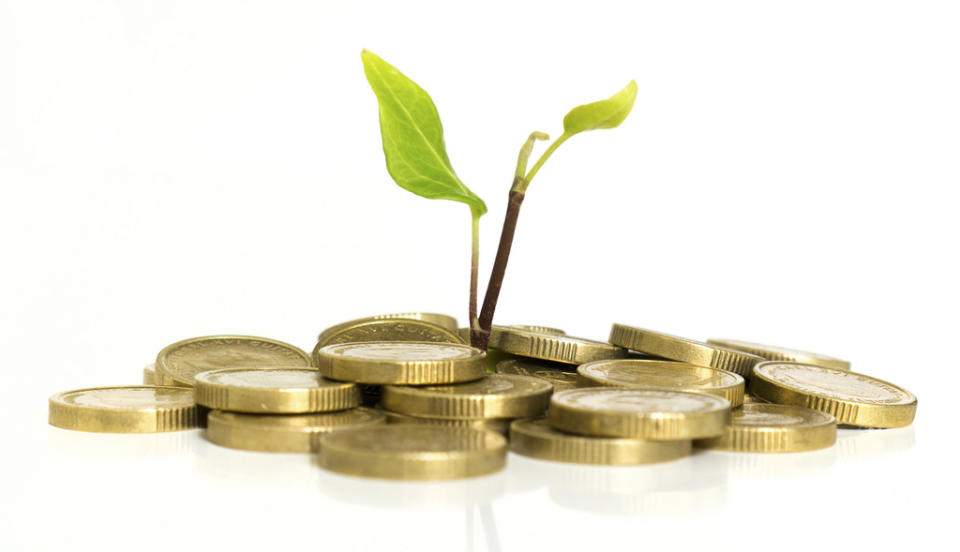2 Dividend Stocks With Explosive Growth Potential in 2018

Picking stocks on the basis of getting a high dividend yield does not always work in your favour.
There are many stocks that offer yields so little that they do not catch the attention of many investors. But when you look at their total returns, they definitely stand out. In some cases, you can earn triple-digit returns in a year by picking these hidden gems.
Keeping this theme in mind, I have picked two stocks that have shown explosive growth in the past year, massively outperforming Canada?s best dividend stocks. Let?s find out if they can repeat this performance in 2018.
Dollarama
Dollarama Inc (TSX:DOL), Canada?s largest owner and operator of dollar stores, pays a meager 0.33% dividend yield. This translates into $0.44 a share quarterly payout. But if you just focus on the company?s yield, you will miss a bigger picture.
During the past 12 months, Dollarama produced 66% total returns, assuming you had re-invested all your dividends back into the company. This return is massive when compared with the gains offered by some top dividend-paying stocks.
While the Canadian retail market proved to be a graveyard for many top retail brands, Dollarama?s story has been totally different. The main reason of its success is that this discount chain targeted the Canadian middle class, which is very price conscious.
Dollarama also benefited from a less-saturated Canadian market than the one in the U.S. And its longstanding policy to stay away from fresh food also paid off.
Trading at $161 a share and with the trailing 12-month P/E ratio of 39, Dollarama?s valuations look a bit stretched after this remarkable rally.
But just to keep things in perspective, Dollarama?s earnings have surprised almost every year since its initial public (IPO) offering in October 2009. And those who bought and held at the IPO price of ~$10 have made a killing.
Restaurant Brands
Restaurant Brands International Inc. (TSX:QSR) (NYSE:QSR) is another dividend stock not known for a hefty payout. The parent company of three restaurant chains ? Burger King, Tim Hortons, and Popeyes Louisiana Kitchen ? offers a 1.2% dividend yield.
But on the total-return basis, it is a different story. During the past year, Restaurant Brands handed in ~33% return, with analysts forecasting more growth as the company aims to expand aggressively.
Restaurant Brands was formed when Burger King merged with Tim Hortons a few years ago. The company further expanded this year after adding Popeyes Louisiana Kitchen, a smaller chain with a lot of growth potential in international markets.
With 3G Capital and National Indemnity, a subsidiary of Warren Buffett?s Berkshire Hathaway , being the company?s largest shareholders, Restaurant Brands is well on course to providing superior returns to its share shareholders going forward.
Restaurant Brands trades for a rich trailing P/E of 59, but it has a lot of potential to grow. That is the reason that analysts have very bullish expectations for the company, forecasting high double-digit growth over the next five years.
The bottom line
These companies offer very small dividend yields, but their share prices and payouts have the potential to grow faster ? a combination that is good enough to produce large total returns.
One risk of investing in high-growth, low-yield companies is that their downside will be steep if they miss their earning targets. Their rich valuations suggest investors have built in a lot of expectations.
More reading
The surprising new technology that could create the world's very first TRILLIONAIRE
The Uber Hack Should Prompt You to Buy These 2 Stocks Right Now
This Canadian Disruptor Could Rattle an Entire Industry in 2018
Fool contributor Haris Anwar has no position in any stocks mentioned. The Motley Fool owns shares of Berkshire Hathaway (B shares) and RESTAURANT BRANDS INTERNATIONAL INC.

 Yahoo Finance
Yahoo Finance 